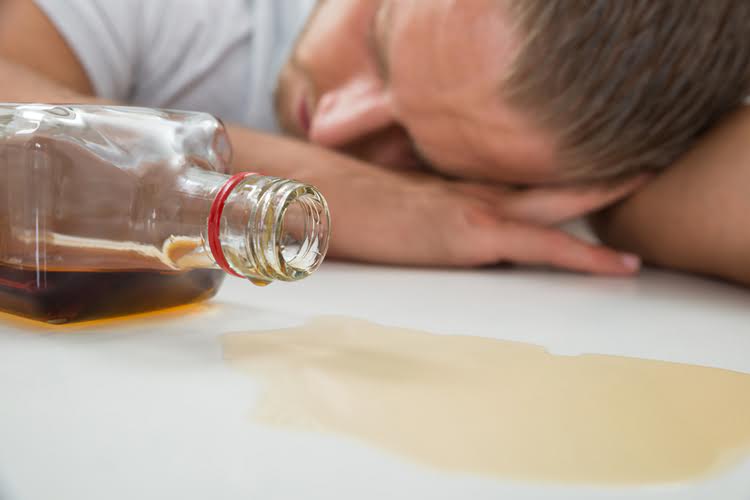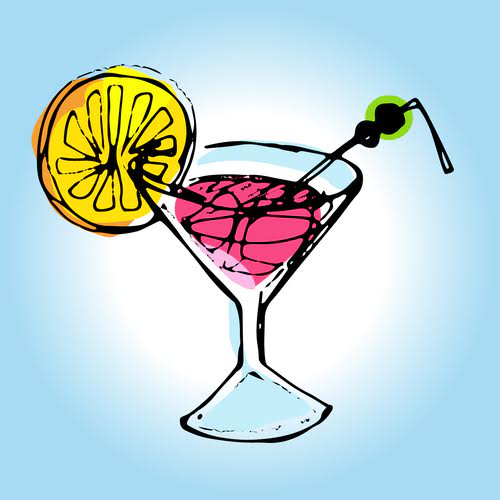Withdrawal: Symptoms, Timeline, Treatment, and Coping
Your doctor will also be able to determine if the symptoms you are experiencing are due to withdrawal or if they are the result https://www.nikologorskie-dachi.ru/kak-navsegda-izbavitsja-ot-bloh-v-dome-12-prostyh/ of another condition. It’s important to know what the many treatment options are and at least as challenging to know which would be best fit for any individual, to say nothing of figuring out how to pay for it. • Therapy enables each individual to identify the situations that serve as triggers to drug use and to develop their own workable ways to manage them. In real life, however well-meaning they are, interventions are humiliating and often backfire. Even if they succeed in getting people into treatment, data show that they don’t ensure that people stay in treatment; one major problem is that they nullify the internal motivation need to quit. People with addictions may be in the contemplation stages for many years.

Medications to Help With Withdrawal
Variably called peer support, self-help, or mutual help organizations, the social support of peers is one of the best-known addiction recovery mechanisms. Meetings of such groups exist in communities worldwide and are free to all who attend. Attendees share their addiction and recovery experiences and the recovery skills they’ve acquired. Alcoholics Anonymous (AA) is the oldest and largest such group, with about 2 million members attending meetings in community centers, church basements, and, often, addiction treatment centers. In both AA and Narcotics Anonymous (NA), attendees pledge to follow a 12-Step Program that requires an admission of powerlessness and makes numerous references to god.
- However, it is important to recognize that this rate is comparable to relapse rates for other chronic health conditions such as hypertension and asthma.
- Because families are interactive systems, everyone is affected, usually in ways they are not even aware of.
- Employment is virtually essential for having a stable and meaningful life.
- The early stages of addiction recovery are often the most challenging, as individuals begin to break free from the grips of their addiction.
- These goals can be short-term or long-term, focusing on specific aspects of recovery such as reducing substance use, improving overall health, or rebuilding relationships.
Myths about the 5 stages of recovery
There are coping strategies to be learned and skills to outwit cravings, and practicing them not only tames the impulse to resume substance use but also gives people pride and a positive new identity that hastens recovery. As you look for a rehab program, consider your unique recovery goals. These questions and others like them can help you find the best program for you. Addiction recovery might start with quitting drugs and alcohol, but it doesn’t end there. https://bv-ryazan.ru/potolki/77-otdelka-potolka.html You might develop coping skills, try new activities, or return to hobbies you love.
The 5 stages of change in recovery

If they use your object of addiction, ask them not to do so in front of you. If you buy drugs, you should consider telling your dealer that you are quitting; ask your dealer not to call you and not to sell you drugs anymore. Also, you might want to consider talking to your health care provider about the method of quitting that is best for you. There may be medications that can ease the process for you and increase your chances of success.
- Recovery is a continuous journey that requires ongoing commitment and support.
- An overdose happens when the person uses enough of a drug to produce uncomfortable feelings, life-threatening symptoms, or death.
- • Developing a detailed relapse prevention plan and keeping it in a convenient place for quick access when cravings hit, which helps guard against relapse in the future.
- Once you understand your triggers, you can put things in place to reduce the chance of relapsing again.

With practice, you can learn to meet your emotional needs without abusing drugs. Just as families have found ways to adapt to an individual’s addictive behavior, they have to find ways to facilitate the healing process and support that person’s healthy behavior. That can require some degree of reorganizing their focus and behavior patterns, restoring mutual trust, repairing ruptured relationships, and learning about substance use and recovery.

Maintenance can also become difficult when the stress of life catches up with you and the old, familiar ways of coping—the addictive https://womenbabe.com/features-of-a-male-nature.html behavior—re-surface. This is why it is important to learn new ways of coping with stress during the action stage so that alternative strategies will be available to you during the maintenance stage. When people are in the precontemplation stage, they are often not very interested in hearing about negative consequences or advice to quit their addiction.
- Twelve-step programs do not appeal to everyone, but many find them helpful.
- By contrast, most adolescents relapsed in social settings when they were trying to enhance a positive emotional state.
- It takes continuous commitment, which can waver at any time—particularly times of stress.
- As a result, patients are able to handle stressful situations and various triggers that might cause another relapse.
- It’s important to remember that every individual’s journey is unique, and finding the right combination of support is crucial.
And many factors—like your lifestyle, genetics, and physical health—affect how quickly you can break an addiction. With some substances, people are able to stop their use abruptly and manage their withdrawal symptoms on their own. For example, a person may be able to quit caffeine without assistance and cope with the unpleasant symptoms on their own until they pass. Symptoms of withdrawal are an indication of dependence on a substance. You should talk to your doctor before you reduce or stop taking a medication or drug for advice on how to do so safely and minimize potential withdrawal symptoms.
Our state-specific resource guides offer a comprehensive overview of drug and alcohol addiction treatment options available in your area. If a person is working, surrounded by a reliablesupport system, emotionally and financially stable and working through the motivation behind substance use, their treatment could be shorter. A person living in a chaotic and inconsistent environment with limited income, unstable housing, unsupportive relationships, high stress and numerous mental and medical issues may require a longer period of outpatient treatment. Outpatient counseling can help people understand addiction, their triggers, and their reasons for using drugs. This form of treatment can be done at a doctor’s office or via telehealth appointment. Not only does this lessen the brain’s ability to resist intense urges to take drugs, but it can also affect the amount of pleasure a person receives from healthy activities like enjoying food or the company of others.

Timeline of Addiction Recovery
Over time, reward circuits regain sensitivity to respond to normal pleasures and to motivate pursuit of everyday activities. Areas of executive function regain capacity for impulse control, self-regulation, and decision-making. For all practical purposes with regard to drug use, the terms remission and recovery mean the same thing—a person regaining control of their life and reversing the disruptive effects of substance use on the brain and behavior. The Diagnostic and Statistical Manual of Mental Disorders (DSM) avoids the terms addiction and recovery.


